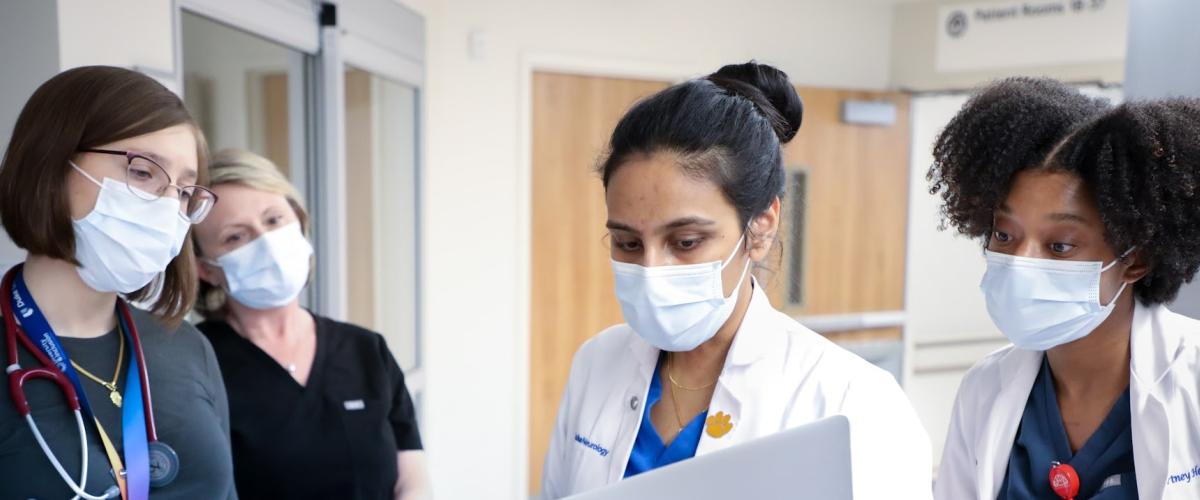
Why would an APP take the time to do a fellowship when they can graduate their training program and go straight into the job market?
APPs understand their knowledge limitations especially where it pertains to specialty medicine, such as neurology. Much like neurologists who forego a higher salary to do a fellowship to achieve subspecialty competency, APPs invest in their training with the understanding that they will be more confident and provide improved care as a result. They are willing to be paid less for an additional year as an investment in their careers.
Why do we call it an APP fellowship?
The term fellowship is not only used in post graduate medical training. It is an adjective to denote a position as a supervised learner. It is used in many related fields including psychology, physical therapy, pharmacy, veterinary medicine, and dentistry.
Is this program the same as our Department's APP Residency Program? What is the reason for the name change?
This program was originally known as the Neurology APP Residency (as opposed to Fellowship) program. In October 2023, our program leadership decided to change the name to the Duke Neurology APP Fellowship. Most of the APP training programs in the US are called fellowships and not residencies because the APPs can go right into practice after graduation. Other similar programs for APPs at Duke are also called fellowships. While the name of the program has been updated its curricula has remained unchanged.
Why don’t APPs limit their scope of practice to the primary areas they are taught in NP and PA school?
Like physicians who enter medical specialties after completing medical school, APPs have varied interests and enjoy working in some areas of medicine more than others. This works to the benefit of the specialists who want to hire APPs to join their practices. Neurologists, for example, overwhelmingly want APPs to join their practices. In one survey (Medscape 2020), over 60% of neurologists work with APPs in their practice. The need to provide care across all areas of medicine is an opportunity for APPs to help in specialty care as well as primary areas.
Do all APPs need to do a fellowship to provide specialty care?
APPs can join a specialty practice right out of training if they wish. They can gain knowledge through experience. We believe that by creating a pathway for additional experience and knowledge in a broader context, we help facilitate the success of the APPs in their future practices and benefit both patients and their supervising physicians.
Why would one want to go to medical school with all the debt encumbered if they could be a specialty APP?
Physicians, by virtue of their more extensive training, have more options in clinical care, research, and education than APPs have. They are the captains of the care teams with more independence in practice. While their loan burden may be greater than APPs, the earning potential and prestige of physicians is also substantially greater. APPs have supervisory physicians and generally need more support for their practices due to the differences in training and scope of practice.
Does a neurology training program for APPs dilute the opportunities and experiences of the neurology residents?
At the time we started the APP neurology fellowship, we also increased our compliment of neurology residents. Our growing faculty size created more practice and specialty options for rotations both at Duke and the Durham VA Medical Center. Our patient volume is ample to support trainees in both programs. Additionally, residents have other activities in research and education. We are careful to schedule the APP rotations to minimize conflicts between our neurology residents and APP trainees, and unlike the neurology residents, the APP trainees can also spend time training under the supervision of our staff neurology APPs.